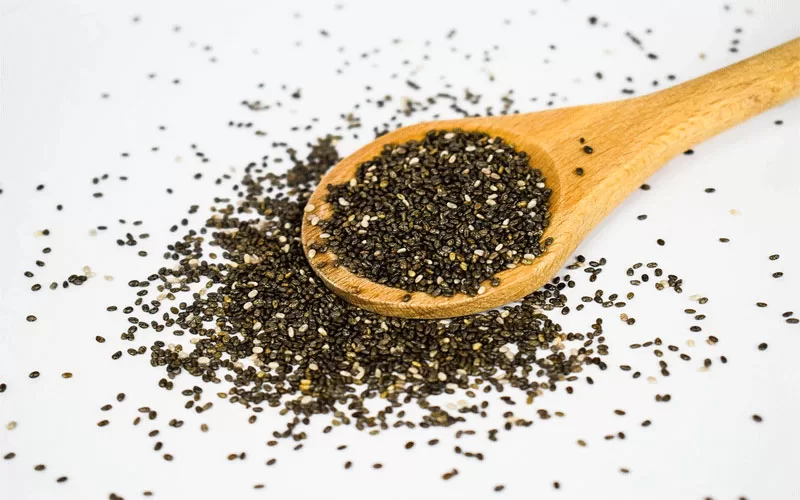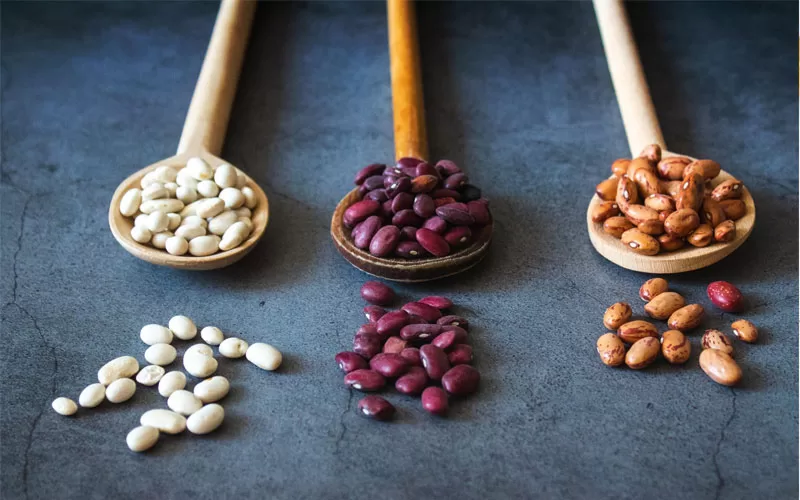
Omega-3 fatty acids are among the most essential types of fatty acids in the human diet, with the main source being fish and, specifically, salmon. Not everyone likes fish, some can’t stand its taste or smell; others are intolerant to fish, while others may be vegetarian. Luckily, there are other non-fish sources of omega-3 that people can consider to get their daily dose of omega-3. This guide highlights some of the best alternatives, so keep reading to learn more.
Flax and Chia Seeds
Flax and chia are tiny dark black seeds rich in omega-3 fatty acids. The only problem is the seeds are so tiny and may bypass the chewing process in the mouth, which would mean going through the digestive system and getting excreted without benefitting the body. The secret to getting the most out of them is grinding them and adding them to your food or smoothies. According to nutritionists, two teaspoonfuls of flax seeds or chia seeds are enough to give you 60 percent of the recommended daily omega-3 intake.
Flax and chia seeds are also used to make oil used in salads and cooking, so if you can’t get the seeds, go for the oil.
Omega-3 Fortified Eggs
If you only have a problem with fish but no other animal products, you could consider swapping your ordinary eggs with omega-3 fortified eggs. Egg fortification is achieved through feeding the chicken with feed rich in omega-3 three. Eggs from chicken fed a diet rich in flaxseed have been seen to contain 150 to 250 mg of omega-3 fatty acids and are good sources of omega-3. Also, you should expect to pay a higher price for fortified eggs as enriching chicken feed with omega-3-rich foods can be a little costlier than feeding them regular feed.
Hemp Seeds
Hemp seeds, a product of the hemp plant of the cannabis family, have gained quite a following in the last few years for their increasingly amazing nutritional profile. According to the USDA, a three-tablespoon serving of hemp seeds is enough to satisfy your daily omega-3 needs. Besides being a source of omega-3 three acids, they are also an excellent source of magnesium, iron, and plant protein. The plant can also be processed into oil that can be consumed as a supplement or applied externally as a remedy for several skin issues.
Seaweed and Algae
Plant-based diets are limited in the range of omega-3 fatty acids a person can get from them. However, seaweed, spirulina, nori, and chlorella, all algae forms, provide a wide range of omega-3 fatty acids, including EPA and DHA omega-3s, which are not present in other plant-based diets. This makes seaweed and algae the best source of omega fatty acids for persons on a strictly vegan diet. Spirulina, nori, and chlorella are sold as supplements in powder form, which you can add to your smoothies, pancakes, and other foods to enrich them with omega-3 without altering the flavors.

Kidney Beans
Kidney beans may not be among the foods with high omega-3 content, but they can be an excellent addition to your diet to complement other sources of omega-3. According to the USDA, every half cup of cooked kidney beans provides around 15 percent of the recommended daily omega-3 intake. This means you would need to eat at least two cups daily to get your daily dose. If two cups sound like too much, consider taking pure omega-3 supplements from fish oil if you do not have a problem with animal products.
Besides being a source of omega-3, kidney beans are a rich source of plant protein, iron, and folate, which are especially important nutrients for pregnant women. Also, they are a great way of adding color and texture to a meal.
Final Words
Eating fish is the easiest way to get the full range of omega acids your body needs if you can. But if you can’t, you may want to explore some available alternatives, ranging from flax and chia seeds, fortified eggs, and hemp seeds to diverse forms of seaweed and even kidney beans.
Leave a Reply